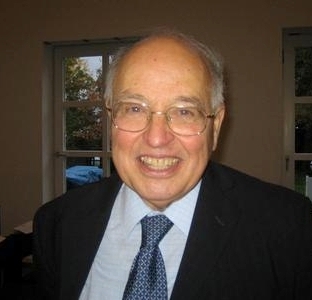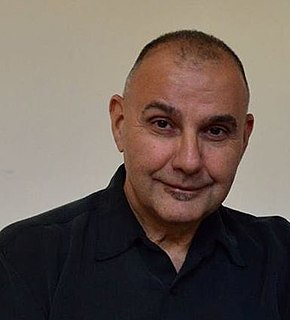A Quote by Lisa Kleypas
Separately they had different strengths. Together they were complete.
Related Quotes
The women we really love are the women who complete us, who have the qualities we can borrow and so become something nearer to whole men. Just as we complete them, of course; it’s not a one-way thing. Leola and I, when romance was stripped away, were too much alike; our strengths and weaknesses were too nearly the same. Together we would have doubled our gains and our losses, but that isn’t what love is.
When I was a boy we were poor and we had to make do with what we had. So my grandma used to make us quits that we used for blankets. She couldn't afford to go to the store and buy a blanket -- so she'd take scraps of cloth and sew them together. there'd be different colors and different patterns and different types of cloth -- but they all went together to make that big quilt to keep us warm.
In 1956, when I began doing theoretical physics, the study of elementary particles was like a patchwork quilt. Electrodynamics, weak interactions, and strong interactions were clearly separate disciplines, separately taught and separately studied. There was no coherent theory that described them all.
I think it is said that Gauss had ten different proofs for the law of quadratic reciprocity. Any good theorem should have several proofs, the more the better. For two reasons: usually, different proofs have different strengths and weaknesses, and they generalise in different directions - they are not just repetitions of each other.
We had people who did housing, people who did anti-war, people who did schools. Everyone operated in their own niche, but not separately. We all were together on certain issues when it was important. Everybody was active in the '60s. I feel that there's a lot of active radical thought today but not much action.
Before I was born, my mom and my dad, they used to rescue dogs, so at one point, they had 13 dogs. And they were all from different litters. It wasn't like they were bred. They were all from different people. And they were all different ages. When I grew up at my dad's house, I think we had seven at one point.
They were so much alike and they become best friends. It was a wonderful relationship. They respected each other, and they never put each other down. With every step they took together, they were happy. There was no envy or jealousy; there was no control, there was no possessiveness. Their relationship kept growing and growing. They loved to be together because when they were together, they had alot of fun. When they were not together, they missed each other.
The writing of the Beatles, or John and Paul's contribution to the Beatles in the late sixties - had a kind of depth to it, a more mature, more intellectual approach. We were different people, we were older. We knew each other in all kinds of different ways than when we wrote together as teenagers and in our older twenties.
I had no intention of replacing Arnold [Schwarzenegger]. There were a few things that made me want to do the movie. They were the script which had a different direction to it, and it was a chance to do a very different Quaid. I didn't read the short story until I went to college.Reading the story had a different effect on me of how I pictured him to be and the tone of the story was different. In the story, he's a bit more of an everyman.



































